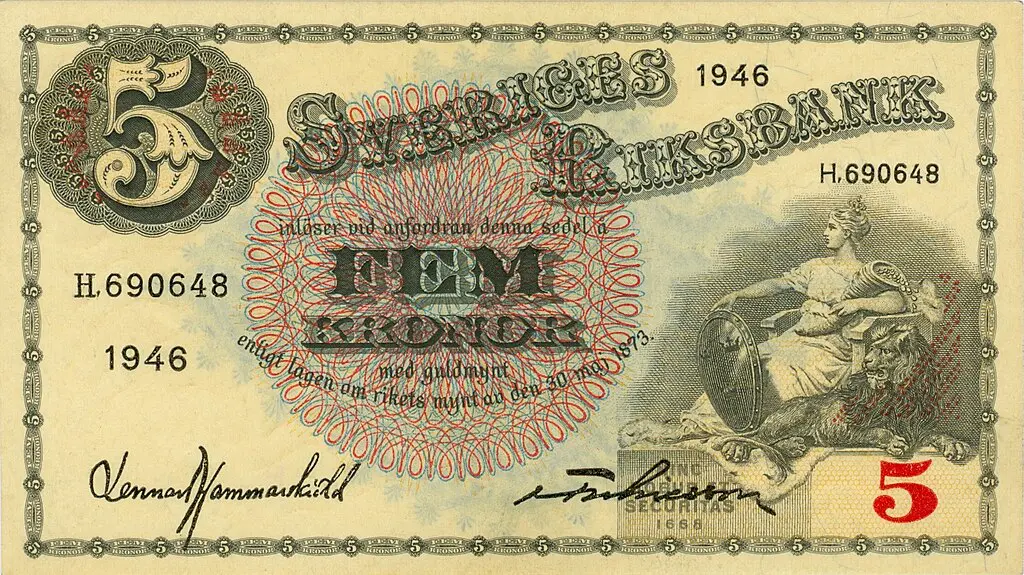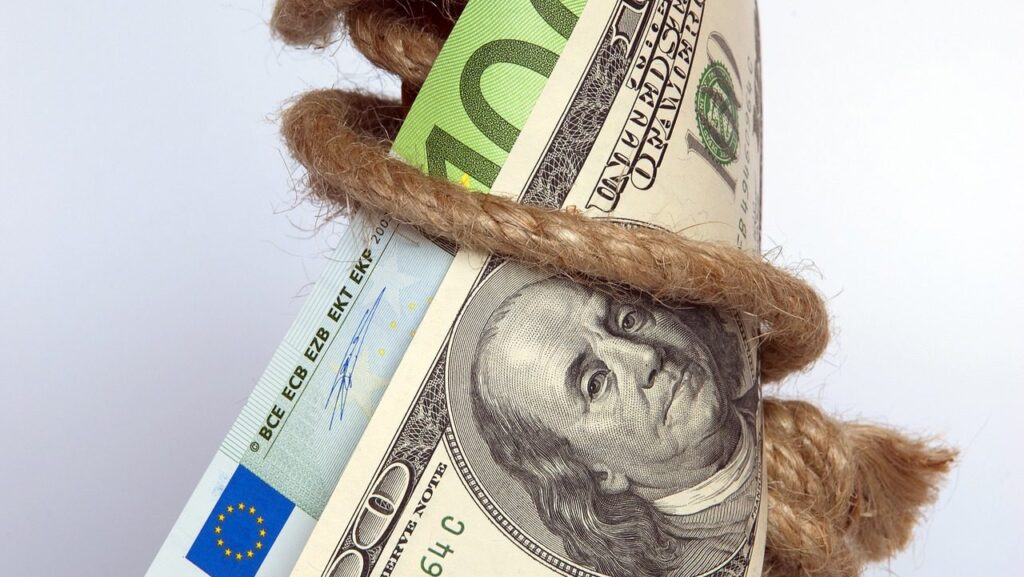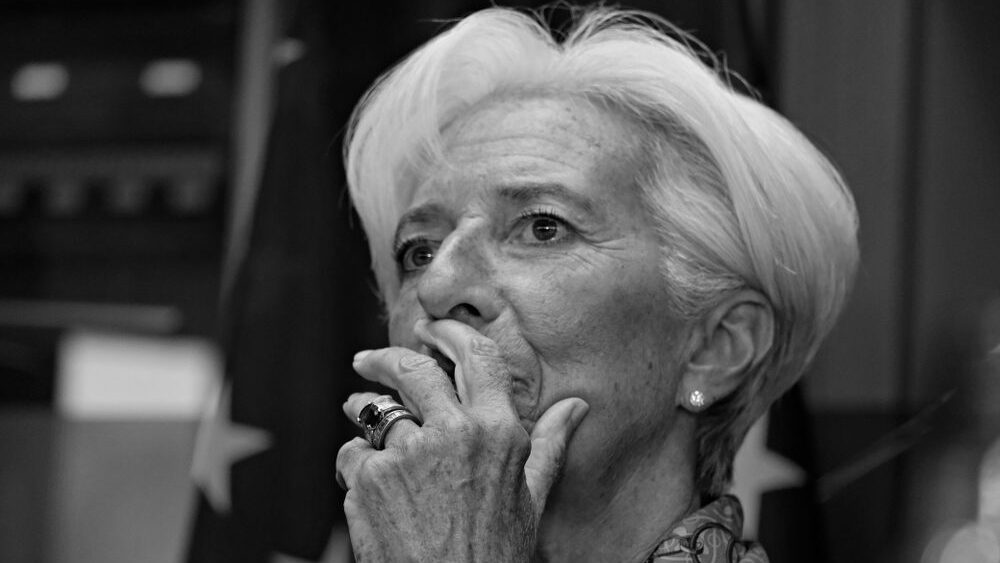
Euros & Dollars: U.S. Borrows $1 Trillion in Six Months
In 2023, the federal government borrowed $2.5 trillion. So far this year, things are only getting worse.

In 2023, the federal government borrowed $2.5 trillion. So far this year, things are only getting worse.

“LGBTQI” Spaniards are now being invited to register for priority status within the government’s job placement scheme.

Ideological inconsistency and obsession with respectability have prevented follow-through on conservative convictions.

Legal experts mostly agree that the law is unconstitutional, and opposition leader Feijóo has stated he would repeal it once in power.

The national French statistics office has released new numbers on government debt. Everybody debates those numbers, but has anyone actually read them?

A combination of ominous economic forces beyond the control of the government will make minced meat of Sweden’s euro-skeptic holdouts.

The U.S. Congress has ignored the budget deficit for decades. Debt investors have almost run out of patience. Will Congress address the problem—or continue to play for time?

Donald Tusk has accused the National Bank of Poland of manipulating interest rates to help his predecessor win last year’s election. Here is ample proof that Tusk has no case.

The prospect for lower interest rates in Europe is fading, but the reason has nothing to do with the European economy. The reason is found on the other side of the Atlantic Ocean.

Economists have failed to explain Europe’s economic stagnation. Here is an explanation they have not considered.

There are two quiet trends at work in the market for U.S. debt that analysts normally do not pay attention to. They should: if these trends continue, there will be turmoil in the market.

There is a big need for structural reforms to the Slovakian welfare state. Such reforms require a level of political leadership that Europe so far has only seen in Hungary.

Questions have been raised about the veracity of the IMF report showing Russian economy outperforming the West. But it is extremely difficult to falsify GDP data.

Despite differences in inflation rates and macroeconomic trends, many central banks make their policy decisions based on what the Federal Reserve does.

Finally, the U.S. Treasury is doing something to curb the rise in debt costs. But is it too late already to prevent a fiscal crisis in America?

This was a bold move by one of Europe’s best-run monetary authorities.

As Chinese hands-off investment aligns with African economic nationalism and Near Eastern realignment,where does Europe stand?

Those who expect a U.S. recession will have to wait a little longer, but there are some details in the latest GDP numbers that suggest an economic downturn is indeed on its way.

With these measures, Germany’s establishment parties are trying to stop the rise of the increasingly popular rightwing opposition.

Finnish unions threaten to strike in February over government cuts to social benefits. They forget the massive, destructive government growth that took place 15 years ago.

The ECB chief just ruled out raising interest rates. This is a big mistake that can cost the euro zone dearly in the coming recession.

European interest rates rise and fall closely with American rates. This can be good for Europe, but it can also be bad, especially if America is hit by a fiscal crisis.